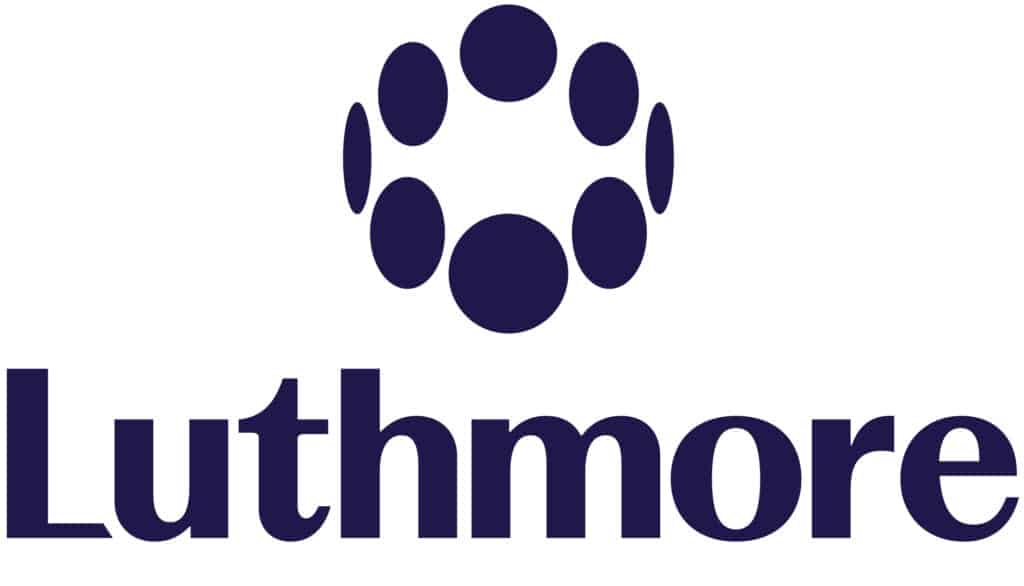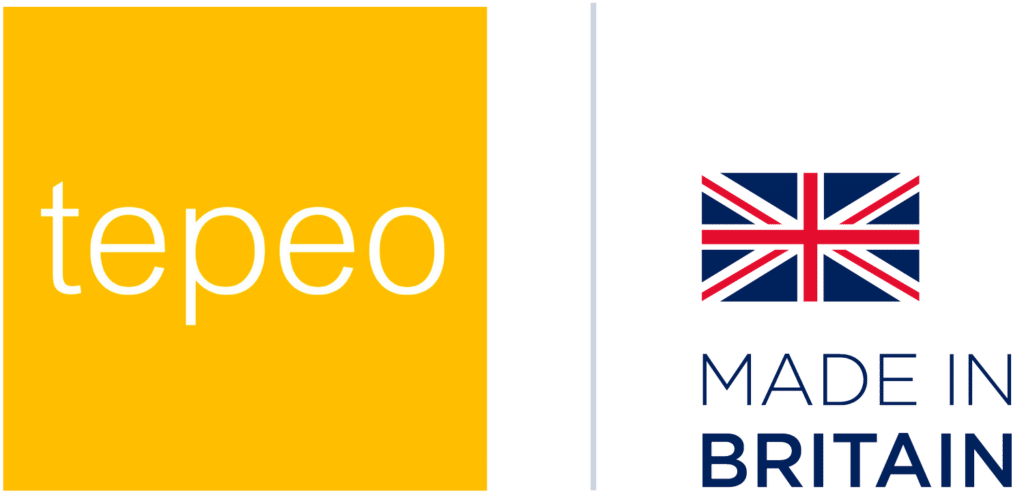The Energy Performance Certificate (EPC) has long been a cornerstone of the UK’s efforts to improve energy efficiency in homes. However, as the world moves toward a greener future, the software and methodologies underpinning EPC assessments are increasingly being called into question. Critics argue that the current system is outdated, unfit for purpose, and fails to align with modern energy efficiency goals. At the heart of this issue is the Standard Assessment Procedure (SAP), the methodology used to calculate EPC ratings. As the UK government phases out SAP in favor of the Future Homes Standard, a seismic shift is underway—one that will prioritize electric heating over fossil fuel systems and redefine how we assess energy performance in homes.
The Problem with Outdated EPC Software
The EPC system was introduced in 2007 as a way to provide homeowners and tenants with a clear understanding of a property’s energy efficiency. However, the software used to generate EPC ratings relies on SAP, a methodology that was designed decades ago and has struggled to keep pace with advancements in renewable energy technologies and building practices.
One of the key criticisms of SAP is its inability to accurately reflect the benefits of modern energy-efficient measures. For example, SAP calculations often undervalue the impact of renewable energy sources like solar panels or heat pumps, while overestimating the efficiency of gas boilers. This creates a distorted picture of a home’s true energy performance, discouraging homeowners from investing in greener technologies.
Moreover, the EPC software’s reliance on SAP means it fails to account for the full lifecycle carbon emissions of a property. This is a significant oversight in an era where reducing carbon footprints is paramount. As a result, the current EPC system is increasingly seen as a barrier to achieving the UK’s net-zero targets.
The Phase-Out of SAP and the Rise of the Future Homes Standard
Recognising these shortcomings, the UK government has announced plans to phase out SAP and replace it with a more robust and forward-thinking framework: the Future Homes Standard. Set to take effect in 2025, the Future Homes Standard aims to ensure that all new homes built in the UK are “zero-carbon ready,” meaning they will produce 75-80% less carbon emissions than homes built under current regulations.
A key aspect of the Future Homes Standard is its focus on electric heating systems, over fossil fuel-based systems like gas and oil boilers. This shift reflects the growing consensus that electrification is the most viable pathway to decarbonising home heating. By prioritising electric heating, the Future Homes Standard will not only reduce carbon emissions but also future-proof homes against the inevitable decline of fossil fuels.
Rewarding Homes with Electric Heating
Under the Future Homes Standard, homes equipped with electric heating systems will be awarded higher EPC ratings compared to those reliant on fossil fuels. This marks a significant departure from the current system, where gas boilers often receive favorable ratings due to their lower upfront costs and perceived efficiency.
Electric heating systems are far more efficient and environmentally friendly than gas and oil boilers. They are 100% efficient at point of use and generate heat using electricity, which can be sourced from renewable energy, making them a crucial component of the UK’s transition to a low-carbon economy. By incentivising the adoption of electric heating through higher EPC ratings, the Future Homes Standard will encourage homeowners and developers to embrace cleaner technologies.
Implications for Homeowners and the Housing Market
The transition to the Future Homes Standard will have far-reaching implications for homeowners, developers, and the housing market as a whole. For homeowners, the shift means that properties with electric heating systems will become more attractive to buyers and tenants, potentially increasing their market value. Conversely, homes reliant on fossil fuel heating may see their EPC ratings decline, making them less desirable in a market increasingly focused on sustainability.
For developers, the new standard will require a fundamental rethink of how homes are designed and built. This includes incorporating energy-efficient features such as improved insulation, solar panels, and electric heating from the outset. While this may increase upfront costs, the long-term benefits—both financial and environmental—are clear.
A Step Toward a Greener Future
The phasing out of SAP and the introduction of the Future Homes Standard represent a much-needed overhaul of the UK’s energy performance assessment system. By addressing the limitations of outdated EPC software and prioritizing electric heating over fossil fuels, the new framework aligns with the UK’s ambitious climate goals and paves the way for a more sustainable housing market.
As we move closer to the 2025 implementation date, it is essential for homeowners, developers, and policymakers to embrace this change and work together to create homes that are not only energy-efficient but also fit for the future. The days of outdated EPC software and fossil fuel-dependent heating systems are numbered—and that’s a good thing for the planet and future generations.







